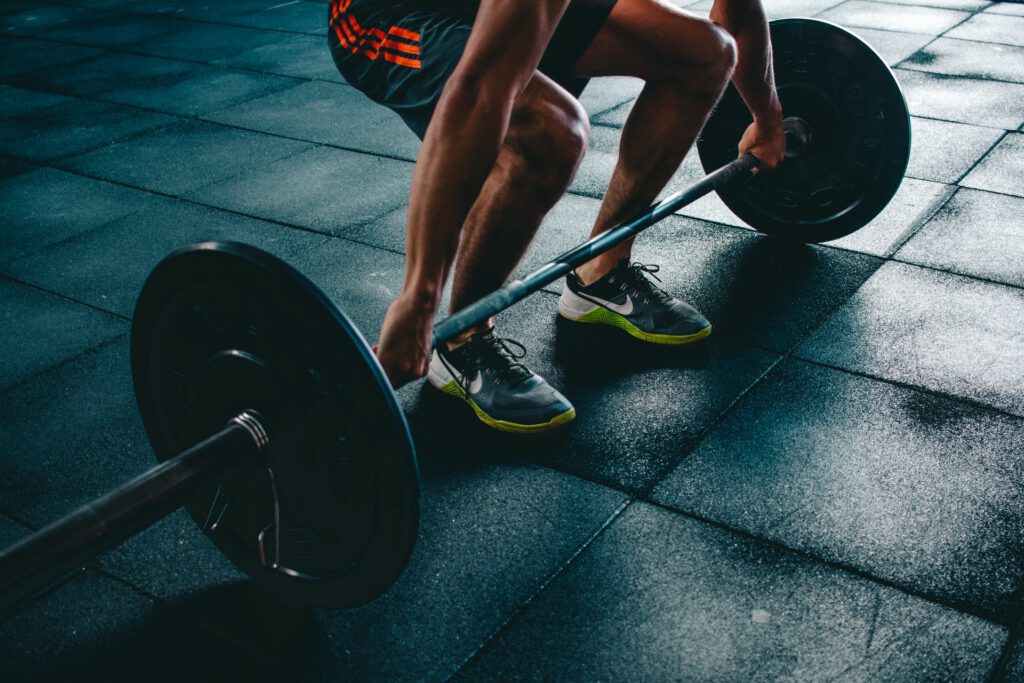Yes, January first is the day of the year where we all insist “from this day forward I will …” You can fill in the blank. To many who have health-related resolutions, it’s a measuring stick to see how many days in a row they can exercise or do something regarding a healthier lifestyle.
If you have already broken your resolution, don’t feel bad, you’re in good company. Only about 27% of people who make resolutions stick to them. As you can see, most resolutions have to do with health and fitness, which is great but can also be a problem if done incorrectly.
Yes, healthy habits and consistency will get you bathing suit ready for that Branson Pool Party this Summer or a BBQ at Mar-A Lago. Too much exercise without the proper recovery, however, can have a negative effect on your health and fitness goals.
Even the world’s most fit Instagram models don’t work out every day. #Truth.
Recovery. That is the keyword.
Actively taking the time for post-workout recovery is as important, if not more important, than the time you spend exercising.
Yes, resting helps you get more fit. This doesn’t mean spending the day on the couch chowing down on your favorite bag of chips, with a side of bacon and a Whopper, but simply giving your body the time it needs to rest.
Think of recovery as a part of your fitness routine. Rest equals results because it allows the body time to repair and strengthen itself in between workouts. It also allows your body to recover, both physically and psychologically.
We have a lot of innovative products to share with you that can help with your recovery in the days and months to come, but for now, let’s just stick with why recovery is good for your goals.

Despite how your arms look in your SnapChat posts, your muscles don’t actually grow while you are working out, they are just swollen, hence “swoll.”
Your muscles actually grow while you rest, in-between workouts. Exercise is essentially stress. Training is when you break your muscles down. However, rest is what builds them up. You can’t be fit without having both of these things, which is why recovery for athletes is essential.
Endurance athletes are about 12 more paragraphs of information so for now we will cover weightlifting and body weight exercises, which create micro-tears in your muscles. If you don’t give them time to heal, then the tears grow and your muscles feel inflamed, swollen, and exhausted.
Proper recovery gives your body a chance to adapt to the stress that you put it through with exercise. During this process, your tissue repairs and your muscles are replenished with more glycogen, their energy storage.
Science says, not giving yourself proper recovery time can lead to decreased performance and something called overtraining syndrome, which isn’t good.
Since recovery allows those microtears to heal, a lack of recovery can make the tears grow. Which could lead to your muscles becoming inflamed and swollen (not in a good way), and you can experience more fatigue and can cause chronic joint and muscle pain, keeping you from hitting your goals. If you’re really in extreme pain, you may want to put on a muscle pain relief cream and take a good rest.
It’s the three R’s of fitness: Recovery, exercise, and nutrition. Well, you get the idea. The science behind allowing yourself to recover will help you get more fit in the future.
As we mentioned we have a gym full of innovative products that will help you not only hit your fitness and health goals this year, but also recover and we look forward to sharing those, but for now, here’s a simple one.
A study from Michigan State University Extension recommends that you monitor workouts with a training log. A training log can assist you in keeping track of how the body feels after an exercise session – this will help in determining recovery needs and whether or not the training program should be modified.
Final Surge and Training Peaks focus on training for endurance athletes, but are also great at tracking your workout hours, weight, sleep, how you feel, and yes, recovery days. If you don’t pay for a training plan, they are very affordable and will help you keep track of your workouts as well as your recovery.










